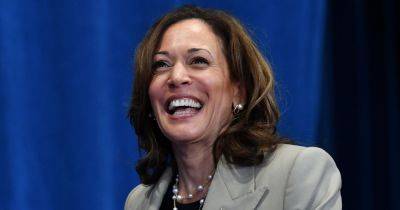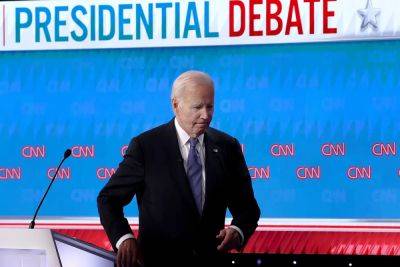This One Thing Shows How Deeply Washington Is Broken
Late Friday, the White House said it would run up an additional $1.1 trillion in new debt if all its plans were carried out over the next 10 years. That would be on top of the $16.3 trillion in debt it had already planned to incur and would bring government debt to $54.5 trillion.
Official Washington’s reaction to the news, unveiled in the administration’s mid-year budget update : crickets.
Fifty years after an embattled Richard Nixon, only weeks from resigning, signed into law the bill creating the federal budget process, it has become a bipartisan pariah, the fiscal crazy uncle no one wants to talk about.
And while Congress has effectively abdicated much of its responsibility, the picture could get worse if former President Donald Trump and Republicans take aim at the few parts of the law that are still working as intended.
“The days when the [Congressional] Budget Act had some impact on actually setting fiscal policy or actually setting priorities, that no longer exists,” said Bill Hoagland, senior vice president of the Bipartisan Policy Center and a veteran of many budget debates as a former GOP Capitol Hill budget staffer.
In 1974, the government’s debt totaled the then-mammoth sum of about $475 billion, and Nixon hoped the bill would set the nation on a path toward solvency.
Fast forward to July 12, when the law turned 50, and things haven’t exactly turned out that way.
Government debt, which is the accumulation of past annual budget shortfalls, stands just under $35 trillion, more than 10 times what the 1974 figure would be, even adjusted for inflation. The government routinely risks shutting down because lawmakers haggle over the total amount of the annual operating budget for most federal agencies and







